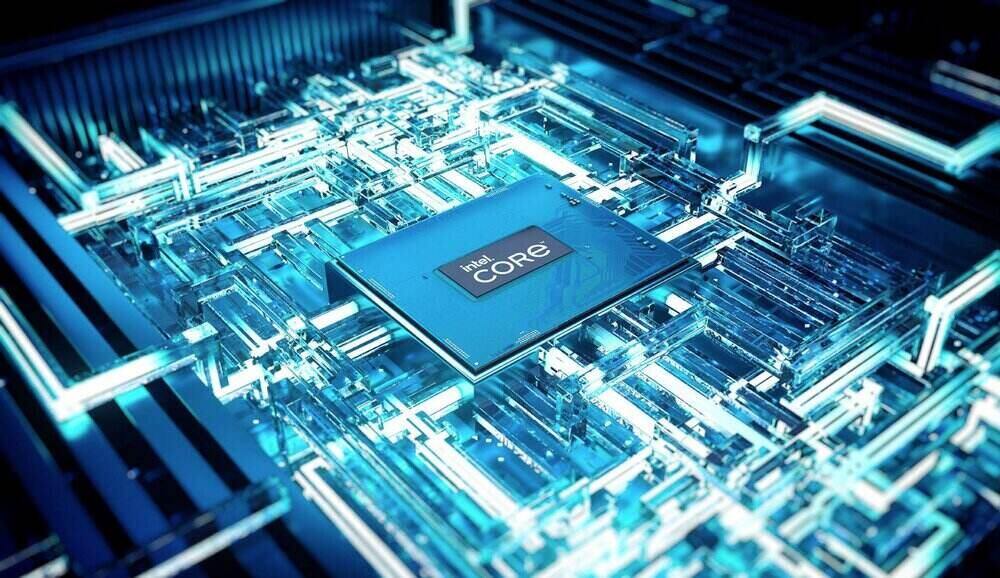
Intel announced at CES 2023 32 new 13th generation Intel processors for laptopsamong which is the fastest for these teams to datethe Intel Core i9-13980HX. It is the first 24-core chip available for a laptop. In addition, the company has also introduced various chips from the H, P, and U series for notebooks.
The new ones H series laptop processors Announced are compatible with DDR4 and DDR5 memory, and support PCIe Gen5. They reach a frequency of up to 5.6 GHz, the highest speed available for notebooks, allowing single-threading to be accelerated by up to 11%, and multitasking by up to 49% compared to the previous generation of chips.
As we have mentioned, this family of Intel chips has up to 24 cores, of which 8 are for performance and 16 for efficiency. They are also capable of working with up to 32 threads, and have an improved Intel Thread Director. They are compatible with up to 128 GB of RAM memory, and have Intel Killer Wi-Fi 6E, which allows the equipment that integrates them to achieve Internet speeds up to six times faster. In addition, among other things, it offers Bluetooth connectivity with Intel Bluetooth LE Audio and Bluetooth 5.2, and compatibility with Thunderbolt 4.
Regarding the new processors 13th Generation Core Series P and U, are designed for laptops with a thin and light design. They have up to 14 cores, of which 6 are for performance and the remaining 8 for efficiency. In addition, it incorporates improved Intel Thread Director.
In addition, they include new graphics features Intel Iris X. Including Intel Arc Control and XandSS Super Sampling. They are compatible with DDR4 and DDR5 memory, and integrate Intel WiFi 6E and Intel Connectivity Performance Pack. The latter encompasses, among others, Intel WiFi Proximity Sensing and Intel Bluetooth LE audio. On the other hand, they support up to four Thunderbolt 4 ports.
The company has also announced the N Series chip range, designed for basic equipment, as a successor to the Intel Pentium and Celeron brands. They are specially designed for equipment intended for educational environments and Internet of Things applications. They offer cores with Gracemont microarchitecture and developed with Intel 7 process technology.
They have a performance that exceeds the previous generation by 28% in running applications, and 64% in working with graphics. The equipment that integrates it will reach up to 10 hours of video playback with HD quality. On the other hand, they have the AV1 decoding engine, improved compatibility with IPU and MIPI camera, as well as extended connectivity with WiFi 6E and Bluetooth 5.2, and flexible memory and storage options (UFS, SSD and eMMC).
Some select designs based on these processors will have the vision processing unit Intel Movidius, which allow them to tackle more complex Artificial Intelligence tasks that are necessary for professional streaming and collaboration to be offloaded to this vision processing unit. This frees up the CPU and GPU to perform other tasks and workloads.
For the Internet of Things at the edge, the newly introduced N-series chips offer new industrial features, cooler and cooler operations, and higher-performance CPU. Also more graphics capabilities and AI performance, plus better workload consolidation with more cores and threads. Thanks to this, applications can be run on a single device.




